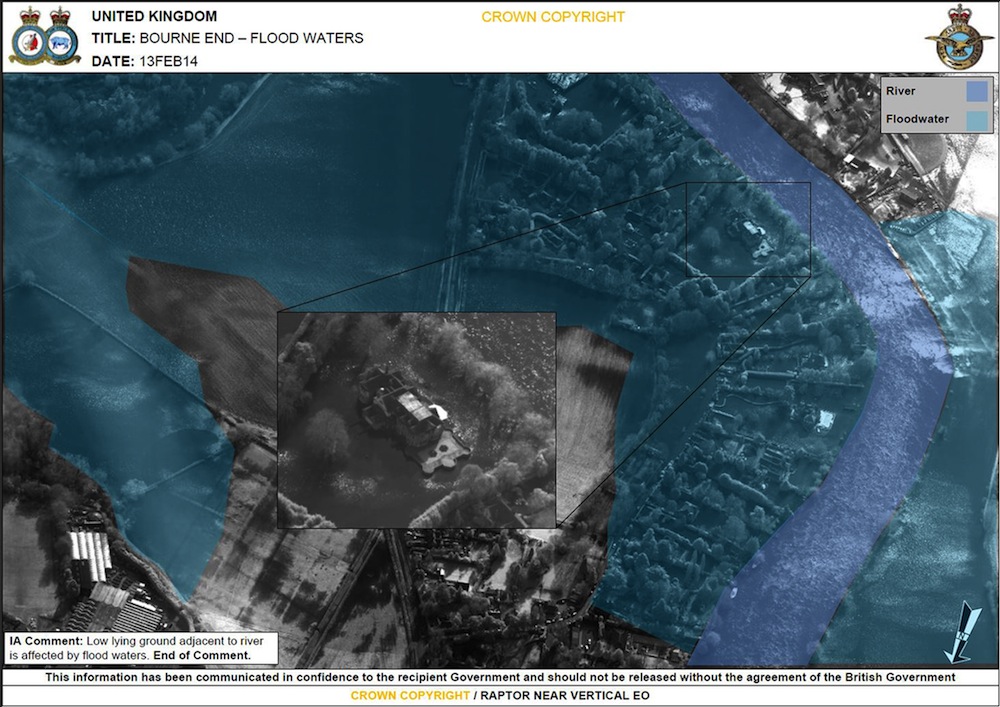
British Storms Uncover WWII Bombs, Ancient Trees

Get the world’s most fascinating discoveries delivered straight to your inbox.
You are now subscribed
Your newsletter sign-up was successful
Want to add more newsletters?

Delivered Daily
Daily Newsletter
Sign up for the latest discoveries, groundbreaking research and fascinating breakthroughs that impact you and the wider world direct to your inbox.

Once a week
Life's Little Mysteries
Feed your curiosity with an exclusive mystery every week, solved with science and delivered direct to your inbox before it's seen anywhere else.

Once a week
How It Works
Sign up to our free science & technology newsletter for your weekly fix of fascinating articles, quick quizzes, amazing images, and more

Delivered daily
Space.com Newsletter
Breaking space news, the latest updates on rocket launches, skywatching events and more!

Once a month
Watch This Space
Sign up to our monthly entertainment newsletter to keep up with all our coverage of the latest sci-fi and space movies, tv shows, games and books.

Once a week
Night Sky This Week
Discover this week's must-see night sky events, moon phases, and stunning astrophotos. Sign up for our skywatching newsletter and explore the universe with us!
Join the club
Get full access to premium articles, exclusive features and a growing list of member rewards.
The unusually stormy weather in the United Kingdom this winter has done more than caused flooding. Winds and tides are also uncovering long-buried, and sometimes deadly, artifacts.
The BBC reports that storms have uncovered unexploded World War II bombs on beaches, with the Royal Navy's Southern Dive Unit responding to an emergency call almost every day since the weather became blustery in mid-December. In that timeframe, the unit has disposed of 244 ordinances, compared with 108 in the same span of time in 2013.
Many of the ordinances are still live, and grow more unstable with time. Some are German bombs, and others are shells from British military training.
Meanwhile, up North on the Isle of Man, storms have scoured beaches and revealed an ancient pine forest dating back 10,000 years — including pine cones, according to another BBC report. The remnants of the forest emerged after a storm washed away much of a beach near Bride Village on the island.
The pine forest isn't the only woodland the storms have revealed. At Pembrokeshire in Wales, a previously-known ancient forest is more exposed than ever in living memory. A mid-January storm pushed sand from the beach at Newgale, exposing new portions of the forest as much as 10,000 years old, according to the Pembrokshire Herald.
Follow Stephanie Pappas on Twitter and Google+. Follow us @livescience, Facebook & Google+.
Get the world’s most fascinating discoveries delivered straight to your inbox.

Stephanie Pappas is a contributing writer for Live Science, covering topics ranging from geoscience to archaeology to the human brain and behavior. She was previously a senior writer for Live Science but is now a freelancer based in Denver, Colorado, and regularly contributes to Scientific American and The Monitor, the monthly magazine of the American Psychological Association. Stephanie received a bachelor's degree in psychology from the University of South Carolina and a graduate certificate in science communication from the University of California, Santa Cruz.
 Live Science Plus
Live Science Plus










